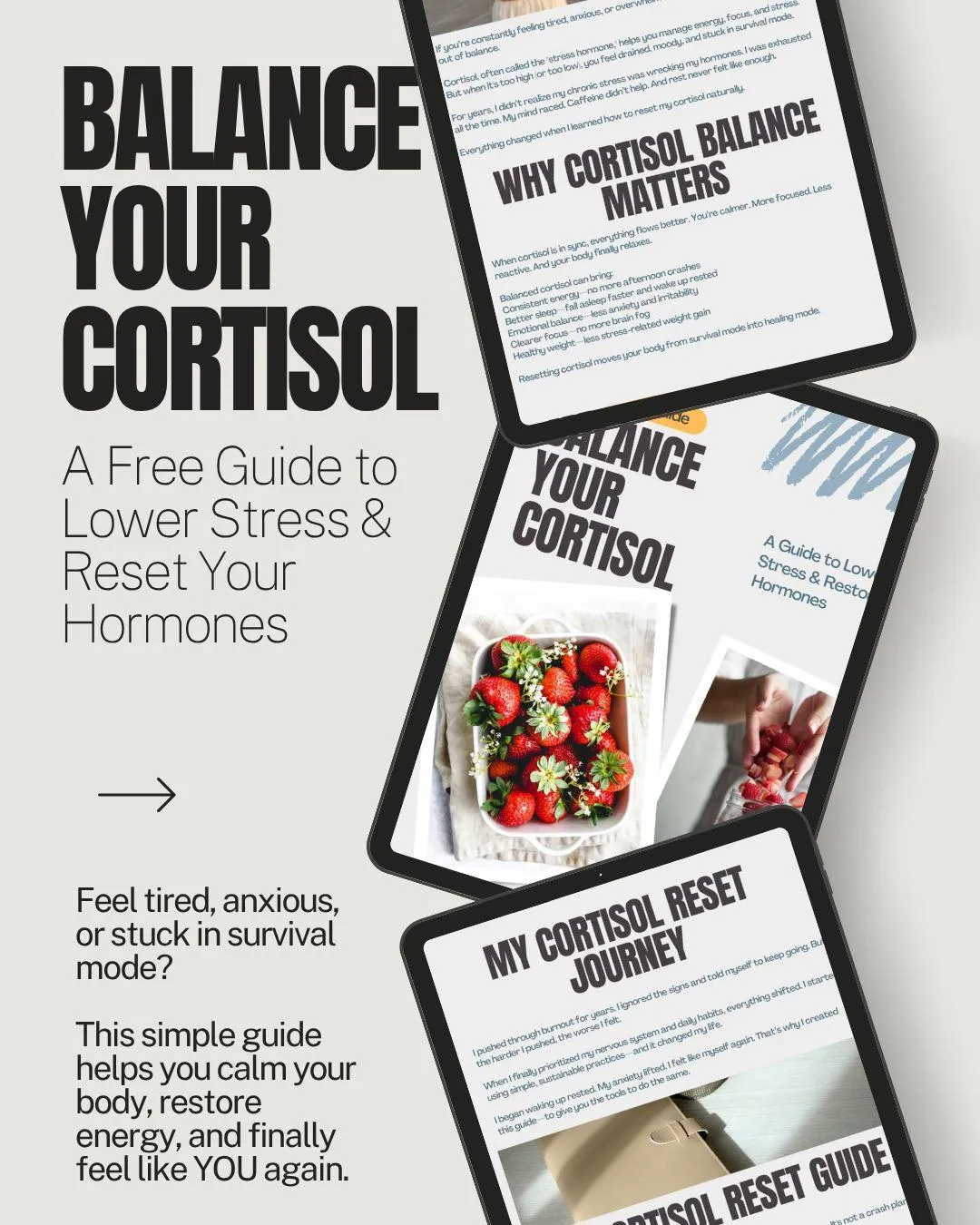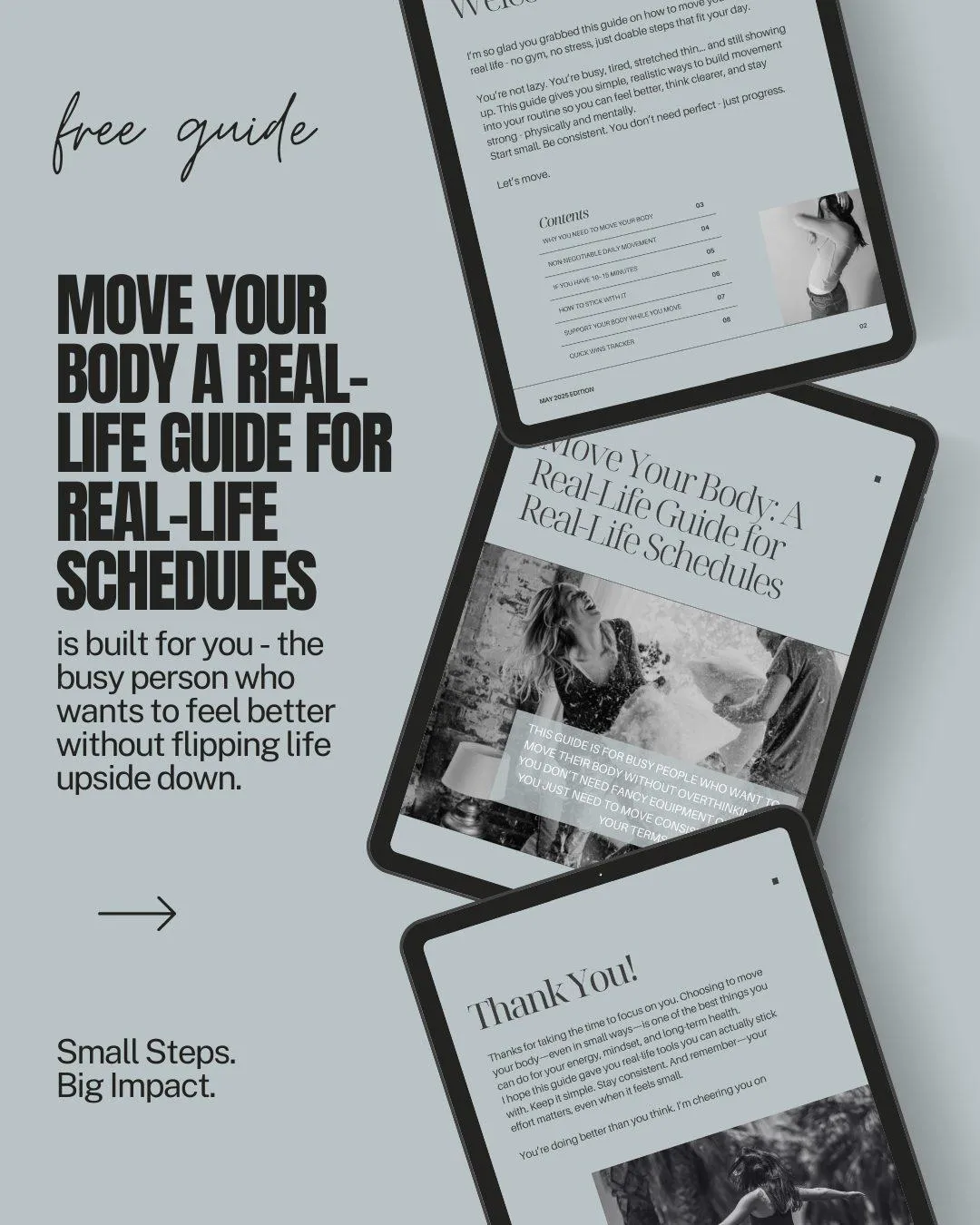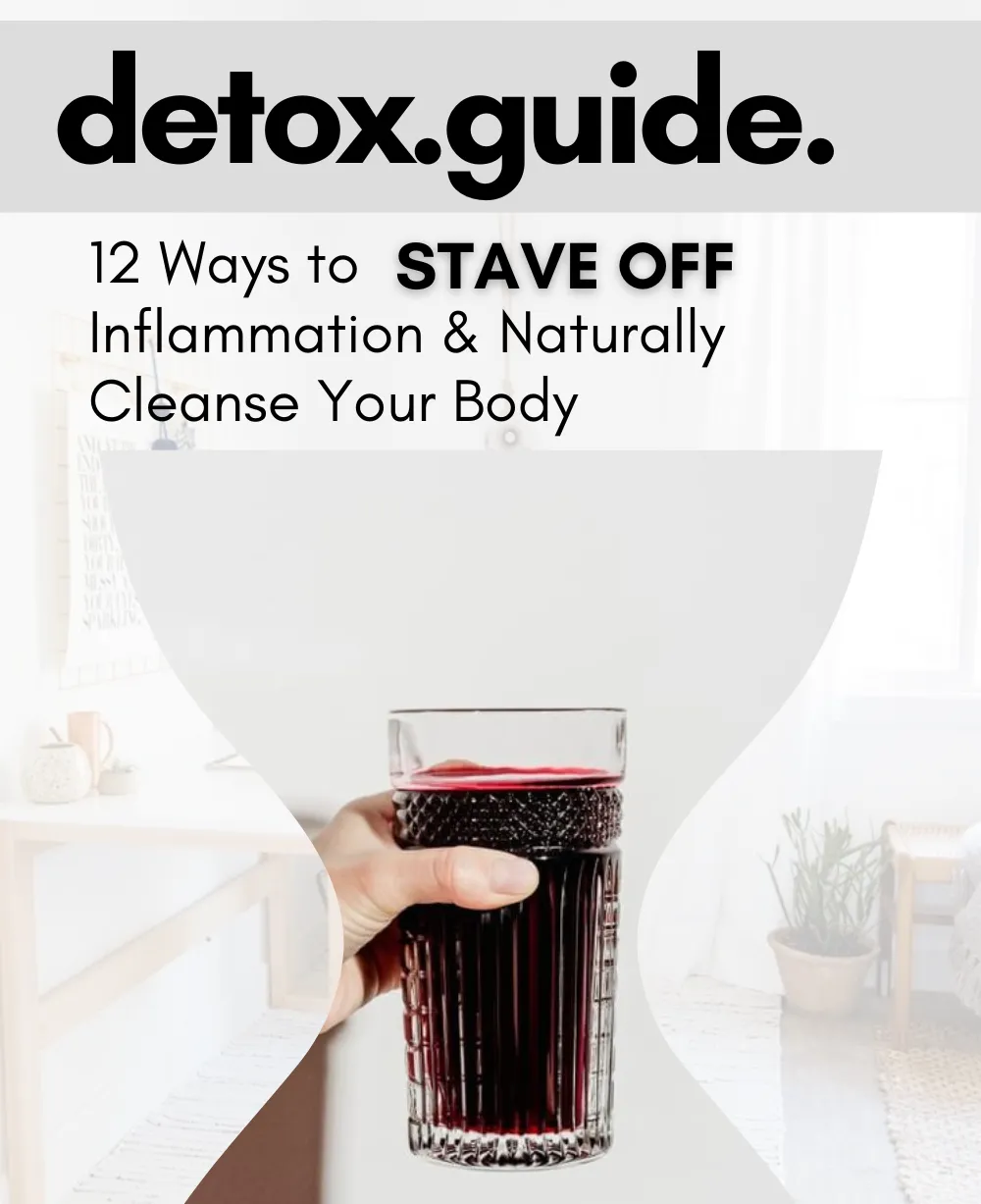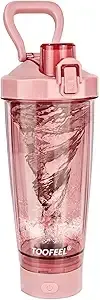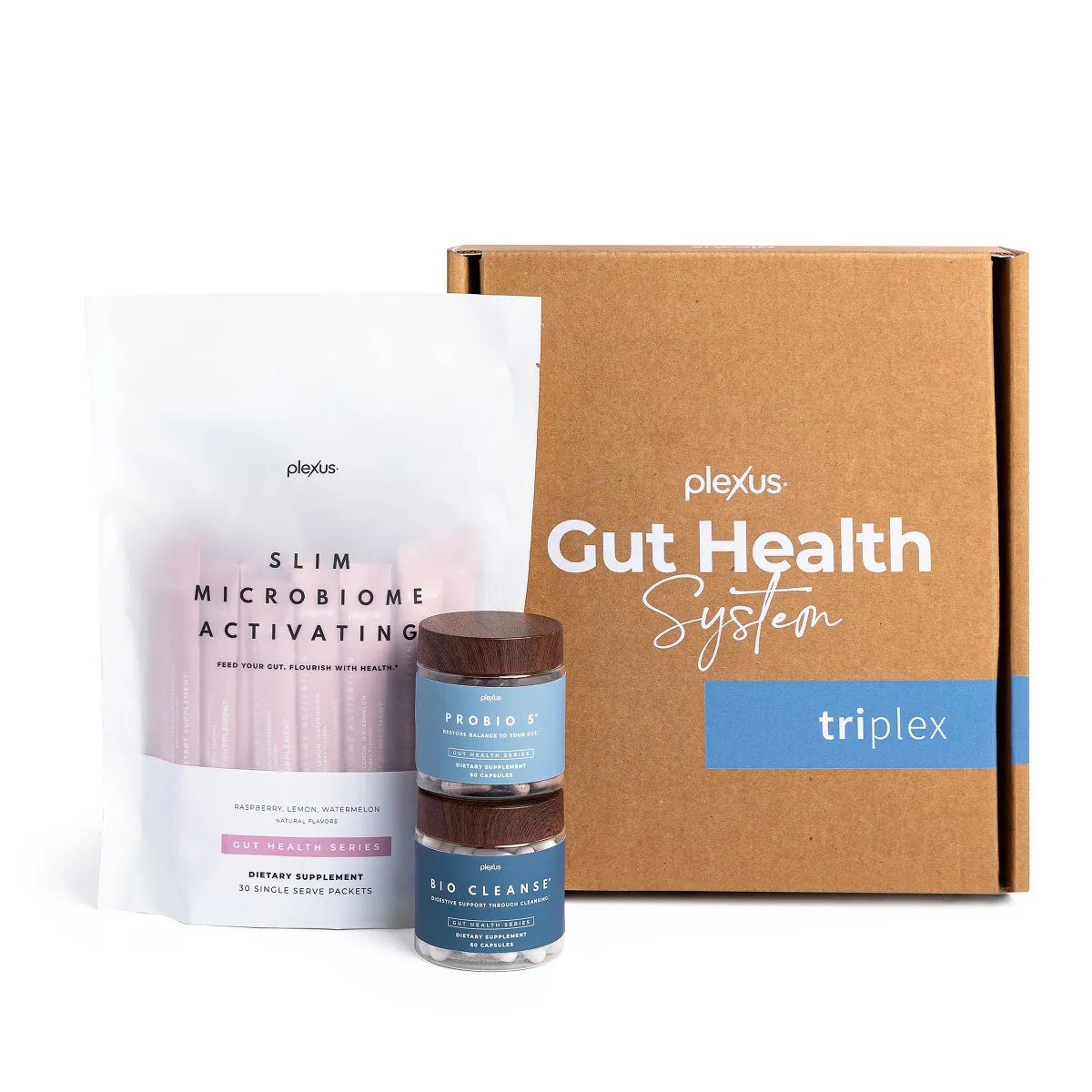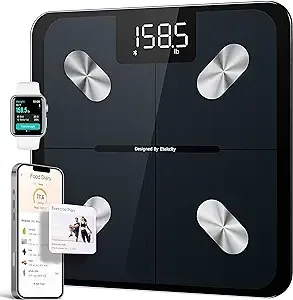Enjoy a Clean &
Healthy Lifestyle
All the things you need to stay on track!
Hi there! Thanks for stopping by.

My name is Christy McDade. Right before I hit age 51, I ballooned to 248 pounds! Worse, my cortisol levels were high, due to stress.
I was working 10-12 hours a day. Mostly of those days were without a break! Sleep was lacking. My appetite and weight were up and down.
Being diabetic, I had to watch my sugar intake. But you know how it is. Sometimes, I couldn't resist a sugar hit! It got harder to stay in shape.
I couldn't go on long walks. Plus, going to the gym felt like the last thing I wanted to do. The idea of lifting weights or running on a treadmill seemed impossible.
I wanted to feel better, do more, and get into better shape. I just didn't have the energy or time to do it.
That all changed one day, when someone I cared about got a health scare.
Getting "Scared Healthy"
That "someone" I care about is my husband. On the spot, he decided he wanted to be healthier and be around for me.
But I had my reasons to get in the best shape of my life. I wanted to:
Be around for my three adult children, and any future grandbabies I can get (fingers crossed)!
Stop feeling tired, so I could go walking on the path we see everyday from our deck.
Have lower stress, so I can feel good, and be in a good mood (sorry honey)!
Mood swings because toxins affect your central nervous system and hormones.
The biggest reason was I wanted to reboot my life! I wanted to get healthier, too! So, I got "scared healthy", and decided to do something about I had been avoiding...
Changing My Unhealthy Lifestyle
Like you, I tried every trick, tip, and weight loss gimmick out there. But nothing worked. Then I realized what would work for me.
All I had to do was make small changes in my health and lifestyle. I said goodbye to...

Sassy Detox Tips for Women Ready to Feel Fabulous
Feeling off lately? Low energy, brain fog, breakouts, bloating... It might be time for a reset. And no, I’m not talking about a trendy juice cleanse or starving yourself for three days.
I’m talking about supporting your body’s natural detox process—in a simple, healthy, and sustainable way.
Let’s break it down.
Why Detox at All?
Your body is already built to detox. But in today’s world—hello processed food, constant stress, and chemicals everywhere—it can get overloaded. That’s when you start noticing things like:
Constant fatigue
Trouble focusing
Skin issues
Digestive problems
Mood swings
Supporting detox isn’t about “cleansing” in a dramatic way. It’s about helping your body do what it’s already trying to do—just more efficiently.
What Detoxing Can Actually Help With
Here’s what happens when you remove some of the junk and give your body the support it needs:
More energy: Your cells work better when they’re not bogged down.
Better digestion: Less bloat, more regularity, happier gut.
Clearer skin: A healthy liver = a calmer complexion.
Sharper mind: Reducing inflammation = better focus.
Stronger immune system: Less toxic load = more resilience.
Support for weight loss: Not a quick fix, but detoxing can reduce cravings and bloating.
Simple Ways to Support Detox Naturally
No crazy rules here. Just small shifts that make a difference.
1. Eat real food
Cut back processed junk.
Load up on fiber: veggies, fruits, whole grains.
Drink more water than you think you need.
Add fermented foods or a good probiotic for gut support.
2. Try a short detox-friendly reset
Keep it simple: smoothies, soups, salads, clean proteins.
Reduce sugar, alcohol, dairy, gluten if those mess with you.
Herbal teas like dandelion or ginger can gently support liver and digestion.
3. Move your body daily
Sweat helps eliminate toxins.
Walking, yoga, even stretching counts.
4. Intermittent fasting
Let your body rest from constant digestion.
Try 12–16 hour overnight fasts (nothing extreme).
Talk to your doctor if you have blood sugar or hormone issues.
5. Take a detox bath
Epsom salt + baking soda + essential oils = detox support + stress relief.
What About Detox Supplements?
Some can help—especially if your diet is lacking or your body’s feeling sluggish. A few to look into:
Milk thistle for liver support
Magnesium for regularity
Activated charcoal (use carefully, short-term only)
Greens powders or chlorophyll for extra nutrients
Supplements should support your detox—not replace food or sleep. Always read labels, and check with your doctor if you’re unsure.
Signs You Might Need a Detox
Pay attention to your body. It often tells you when something’s off:
You wake up tired no matter how much sleep you get
You’re bloated or constipated more days than not
Your skin is angry or breaking out
Your mood’s swinging for no clear reason
You can’t focus, and your brain feels foggy
Even one of these could be your body waving a little white flag.
Start Slow and Smart
Don’t dive in headfirst. Here’s how to ease into a reset without making yourself miserable:
Set simple goals. (Example: “I want to wake up with more energy.”)
Reduce junk gradually. Don’t go from drive-thru to raw vegan overnight.
Plan a few meals ahead. Don’t wing it when you’re hangry.
Drink your water. Like, a lot.
Create a calming environment. Less screen time. More deep breaths. Go to bed earlier.
Keep the Good Stuff Going
Detoxing isn’t a one-time thing. It’s a practice.
To keep your results:
Eat whole foods most of the time.
Move your body daily—even if it’s just a walk.
Get enough sleep. (7–9 hours is the sweet spot.)
Practice mindfulness or prayer or just quiet. Your nervous system needs that reset, too.
Do mini-check-ins every few months. Even a 3-day real food reset helps.
Final Thought
You don’t need to punish your body to feel better. You just need to support it.
Detoxing—when done right—isn’t about restriction or rules. It’s about giving your body a break, clearing out what’s slowing you down, and building habits that help you thrive.
Start simple. Stay consistent. And listen to what your body’s telling you.
You’re not broken. You’re just ready for a reset.
Free Guides
Download this free Cortisol Support Guide to learn quick, effective ways to lower stress, improve sleep, and support hormone balance naturally.
Grab this free Move Your Body Guide for easy, realistic ways to stay active, boost energy, and support a healthy metabolism—no gym required.
Download this free Skin Health Guide for simple, science-backed tips to support clear, balanced, and healthy-looking skin from the inside out.
Get this free Detox Guide to learn gentle, effective ways to support your body's natural detox process, boost energy, and feel your best every day.
My Faves

Pros of Being Healthy
Improved Physical Health
Better immune function.
Lower risk of chronic diseases (e.g., heart disease, diabetes, hypertension).
Increased longevity.
Enhanced Mental Health
Reduced symptoms of depression and anxiety
Improved mood and energy levels.
Better cognitive function and memory.
Increased Energy and Vitality
Higher energy levels throughout the day.
Improved stamina and endurance.
Enhanced physical performance.
Better Quality of Life
Higher energy levels throughout the day.
Increased ability to participate in social activities.
Positive influence on family and friends.

Cons of Being Healthy
Time and Effort
Requires time for meal planning and preparation.
Commitment to regular exercise.
Continuous effort to maintain healthy habits.
Cost
Healthier food options can be more expensive.
Gym memberships, fitness classes, or equipment costs.
Potential costs of supplements and other health-related products.
Mental and Emotional Strain
Stress from maintaining a healthy lifestyle.
Possible feelings of guilt or failure when slipping from healthy habits.
Pressure to meet societal standards of health and fitness.
Initial Discomfort
Physical discomfort when starting new exercise routines.
Adjusting to new dietary habits can be challenging.
Overcoming cravings and withdrawal from unhealthy foods.
Let's Connect on Socials
Stay Updated!
Join our newsletter to receive the latest updates, exclusive offers, and valuable tips directly to your inbox. Don't miss out—subscribe now and stay informed!


